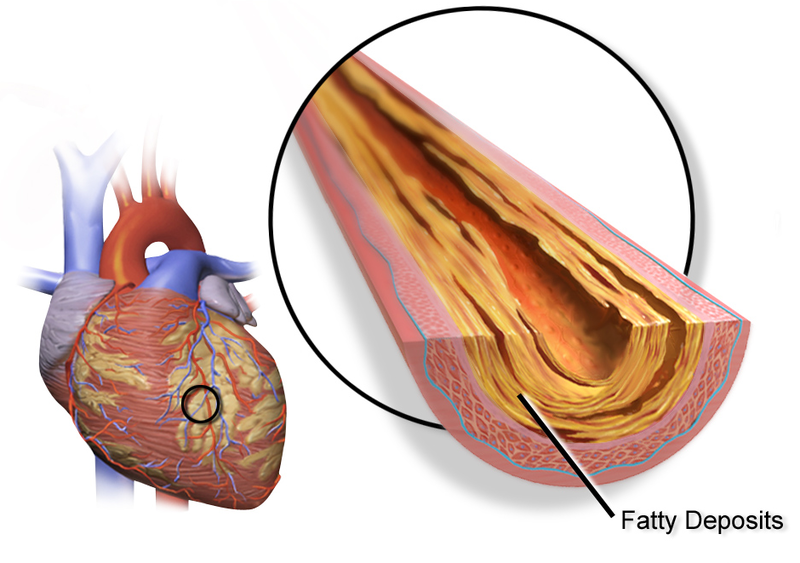A study has found that showing patients images of the plaque build-up in their arteries can positively impact their health.
Coronary artery disease (CAD) is a significant health concern worldwide and is considered the leading cause of death. When the blood flow to the heart is severely restricted or blocked due to the build-up of plaque, it can lead to various complications such as heart attack, heart failure, and stroke.
Adopting a healthy lifestyle can significantly reduce the risk of developing coronary artery disease (CAD). This includes eating a healthy diet, engaging in regular physical activity, avoiding tobacco use, managing stress, limiting alcohol consumption, and also controlling conditions like high blood pressure, high cholesterol, and diabetes.
Patient perception and understanding of the risk factors for coronary artery disease (CAD) are of equal importance in promoting cardiovascular health.
The study conducted by the Baker Heart and Diabetes Institute and the Menzies Institute for Medical Research found that showing patients images of the plaque build-up in their arteries educates them and provides motivation to address the risk factors associated with cardiovascular disease.
In a comprehensive analysis of six randomized controlled studies involving over 7,000 patients, researchers used coronary artery calcium scans or ultrasound to detect early atherosclerosis.
The findings revealed that showing images of calcium or plaque build-up in patients’ arteries not only educated them but also served as a strong motivator to adopt lifestyle changes and address risk factors. The research team observed significant reductions in levels of low-density lipoprotein (LDL) cholesterol, total cholesterol, and blood pressure.







